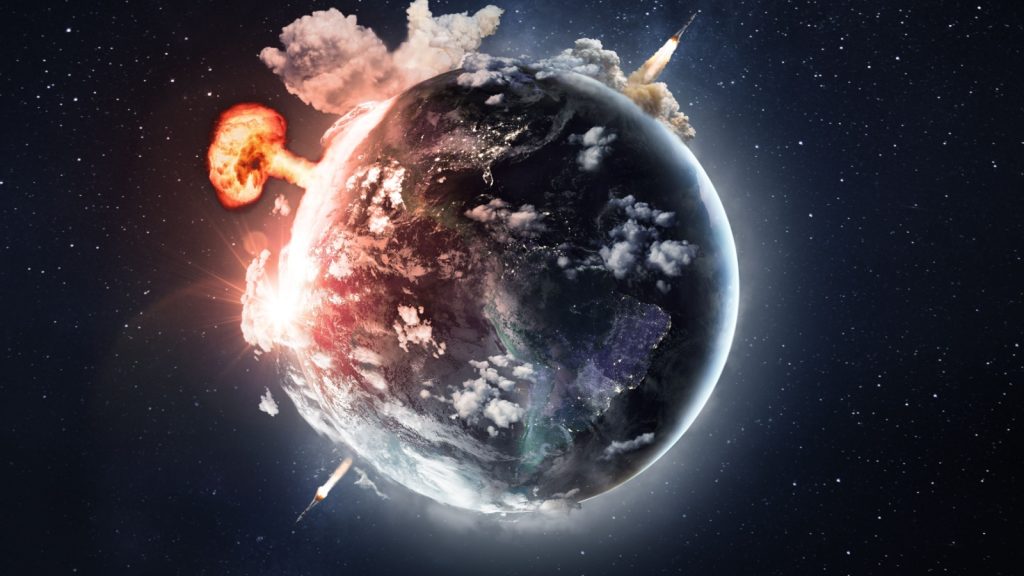Preppers spend a lot of time thinking about how to survive different kinds of disasters. Here are 15 theories about how the world might end, according to people who are always ready for the worst.
1. Nuclear War
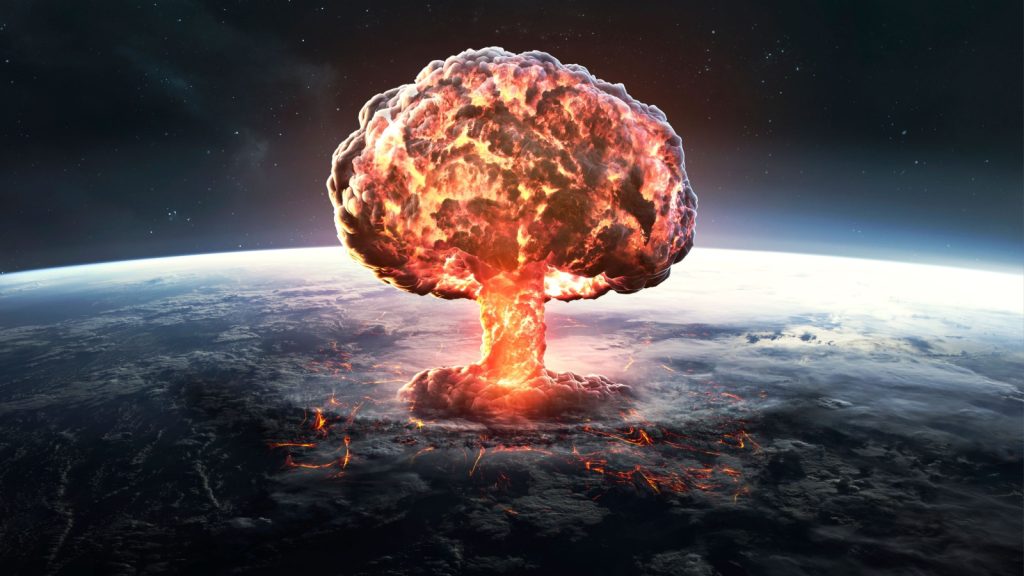
Nuclear war is a top concern for preppers. The use of nuclear weapons could cause massive destruction, fallout, and a nuclear winter. Preppers focus on building shelters and stocking supplies to survive the initial blasts and the long-term effects of radiation. They also learn about radiation detection and decontamination to protect themselves from fallout.
2. Global Pandemic
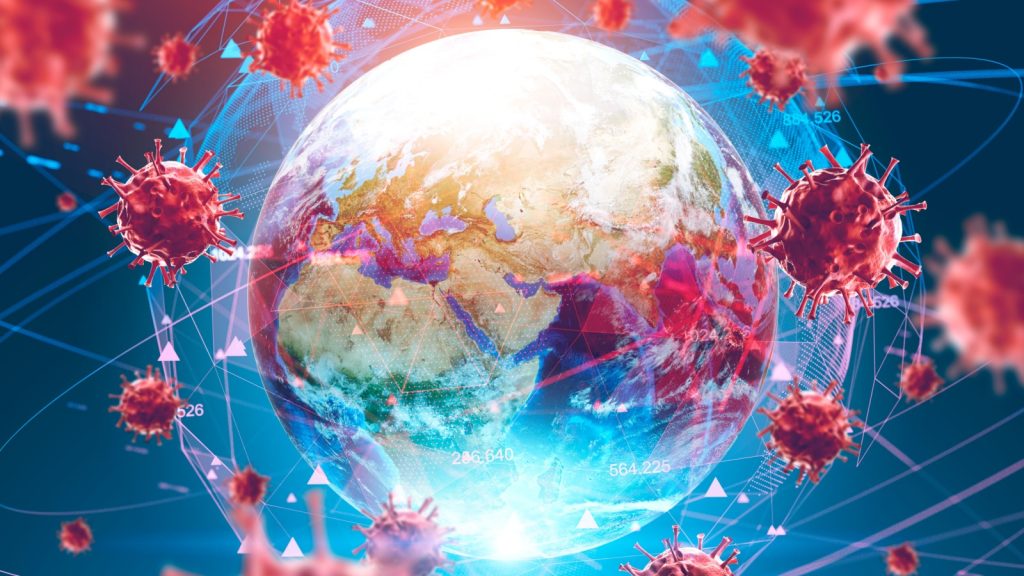
A global pandemic could spread quickly and overwhelm healthcare systems. Preppers worry about highly infectious and deadly diseases that could lead to social collapse. Stockpiling medical supplies, food, and water is key to surviving a long-term quarantine. They also focus on building strong immune systems through proper nutrition and hygiene practices.
3. Economic Collapse
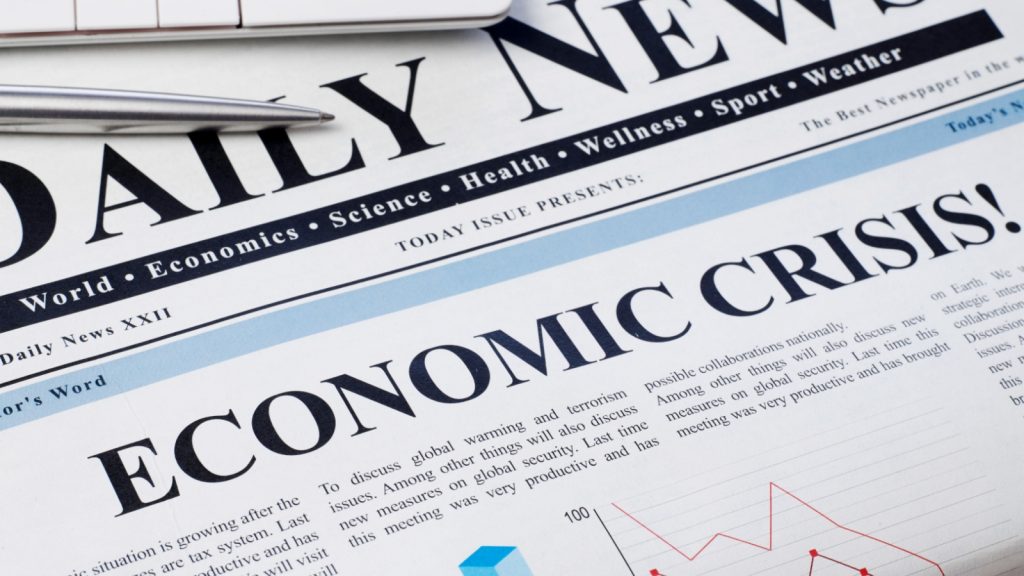
An economic collapse could lead to widespread unemployment, loss of savings, and social unrest. Preppers prepare for this by diversifying their investments and learning skills to be self-sufficient. Bartering and local trade might become essential in such a scenario. They also keep a supply of essential items like food, water, and fuel to avoid reliance on unstable markets.
4. EMP Attack
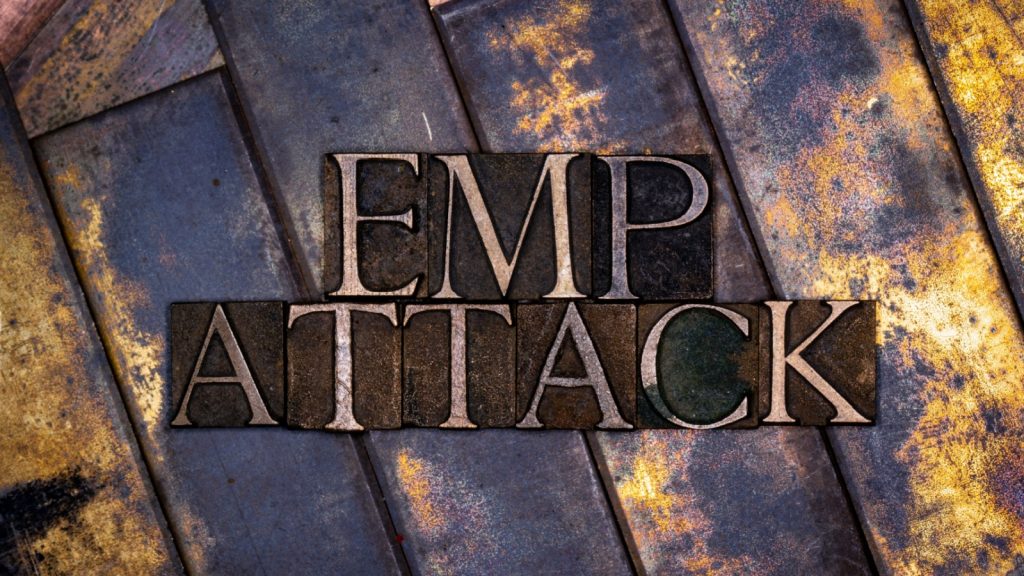
An electromagnetic pulse (EMP) attack could disable all electronic devices and power grids. This would cause chaos, as modern society relies heavily on technology. Preppers often have backup generators, solar panels, and non-electronic tools to survive without power. They also keep a supply of manual tools and printed resources for essential tasks.
5. Natural Disasters
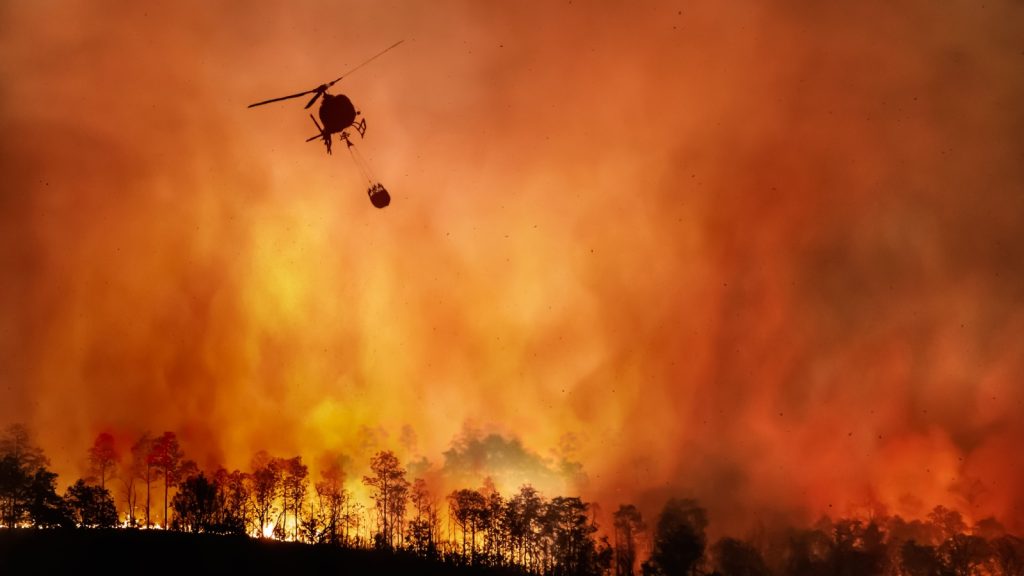
Natural disasters like earthquakes, hurricanes, and tornadoes can cause severe damage and disrupt daily life. Preppers stock up on emergency supplies, secure their homes, and create evacuation plans. Being ready for any kind of natural disaster is a basic prepper strategy. They also learn first aid and basic survival skills to handle injuries and emergencies.
6. Climate Change
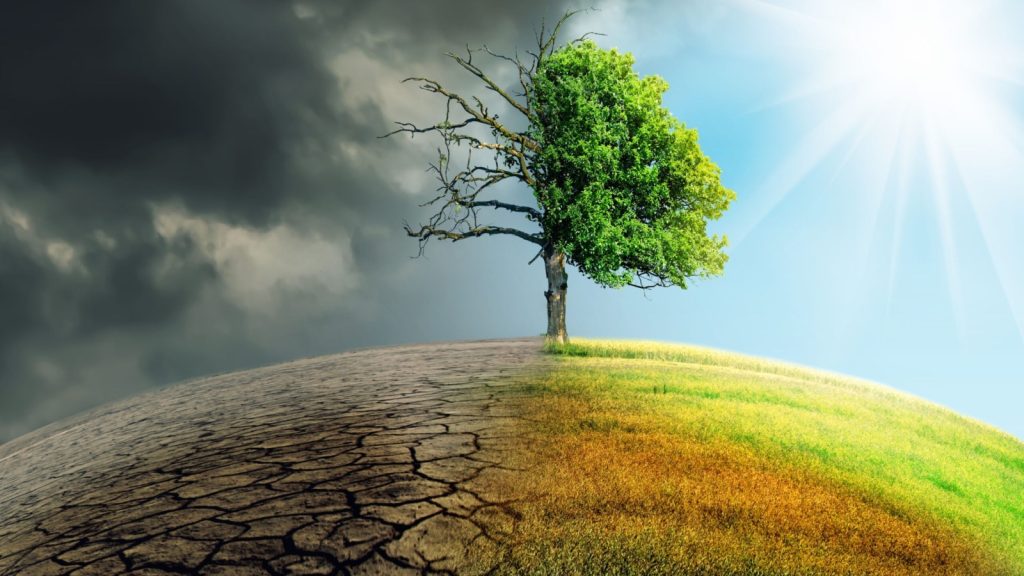
Climate change could lead to extreme weather, rising sea levels, and food shortages. Preppers focus on sustainable living and building resilient homes. They also learn how to grow their own food and collect rainwater to be less dependent on external resources. Using renewable energy sources like solar and wind power is also a key preparation strategy.
7. Civil Unrest

Civil unrest and widespread violence can result from political instability or economic problems. Preppers prepare for this by securing their homes and having self-defense plans. They often live in remote areas to avoid urban chaos. Establishing a community of like-minded individuals can also provide mutual support and security.
8. Cyber Attack
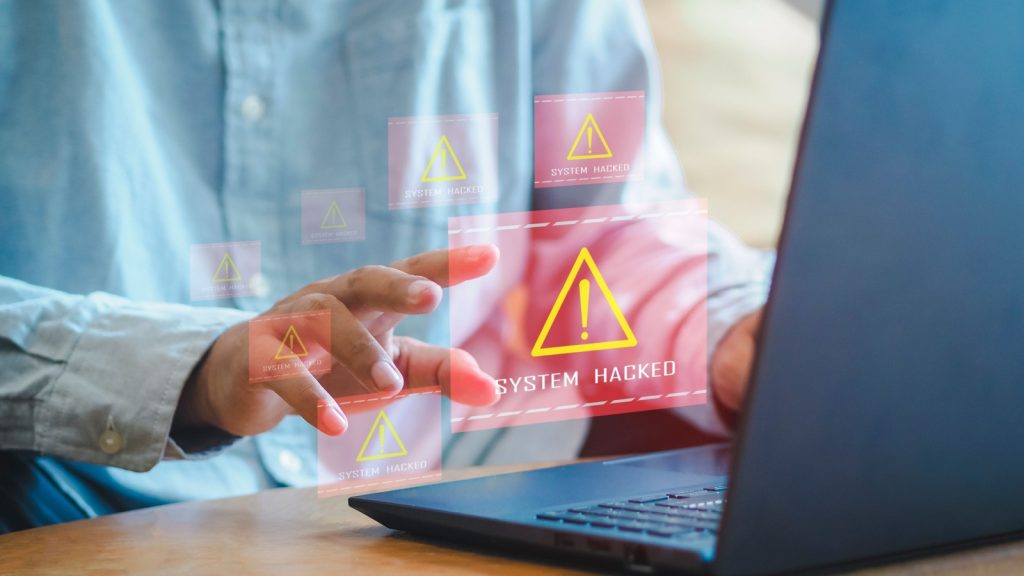
A major cyber attack could cripple critical infrastructure, including banking, utilities, and communication networks. Preppers focus on having backups for important data and alternative means of communication. They also keep cash and physical resources handy. Learning about cybersecurity and protecting personal information is also crucial.
9. Famine
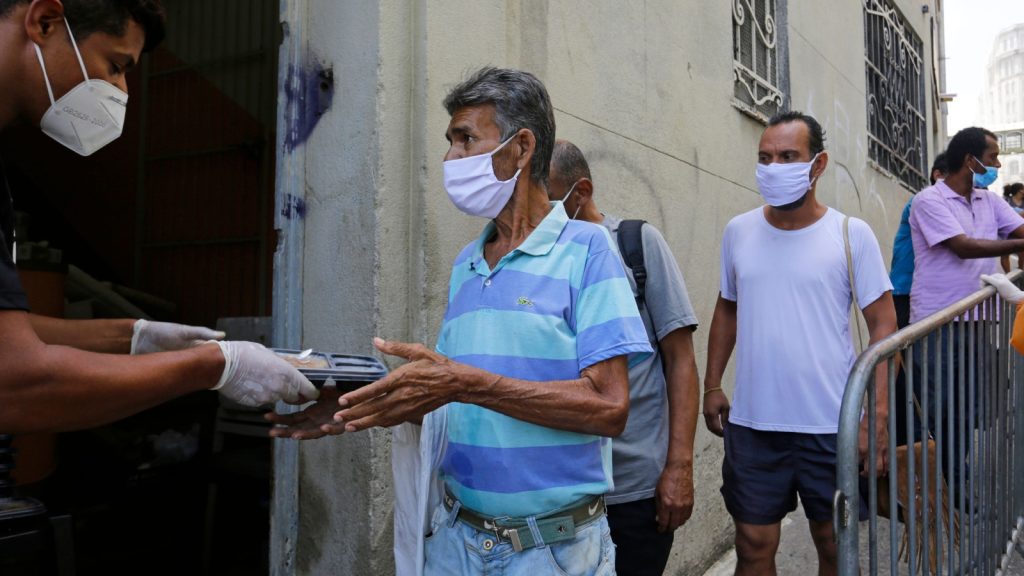
A global famine could occur due to crop failures, climate change, or political factors. Preppers store large amounts of non-perishable food and learn how to grow and preserve their own food. They also focus on creating sustainable food sources like gardens and livestock. Understanding and preparing for proper nutrition is essential to maintain health during food shortages.
10. Supervolcano Eruption
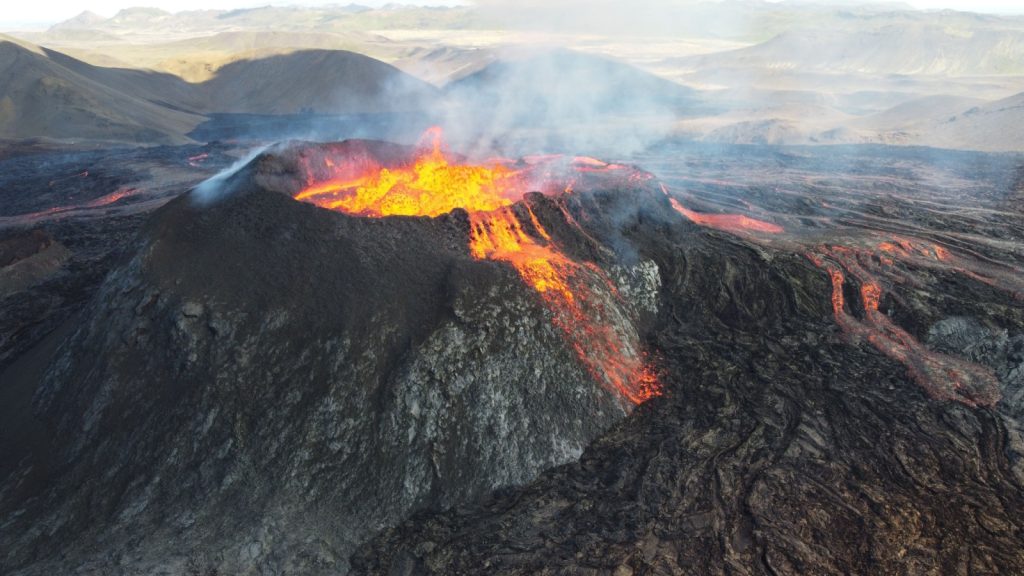
A supervolcano eruption could release ash and gases that block sunlight, causing a “volcanic winter.” Preppers prepare for this by storing food, water, and ways to filter air. They also consider the impact on global agriculture and prepare for long-term food shortages. Learning to adapt to a drastically changed climate is also part of their preparation.
11. Solar Flare
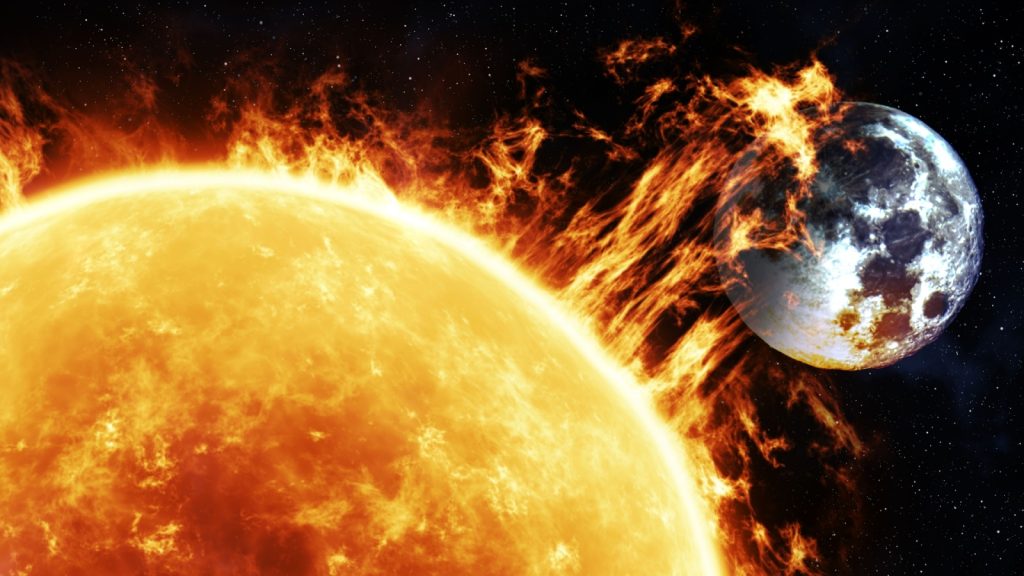
A massive solar flare could disrupt electrical grids and communication systems. Preppers prepare for this by having alternative power sources like solar panels and generators. They also protect sensitive electronics by using Faraday cages. Keeping a supply of non-electronic communication tools, like radios, can be crucial for staying informed.
12. Asteroid Impact
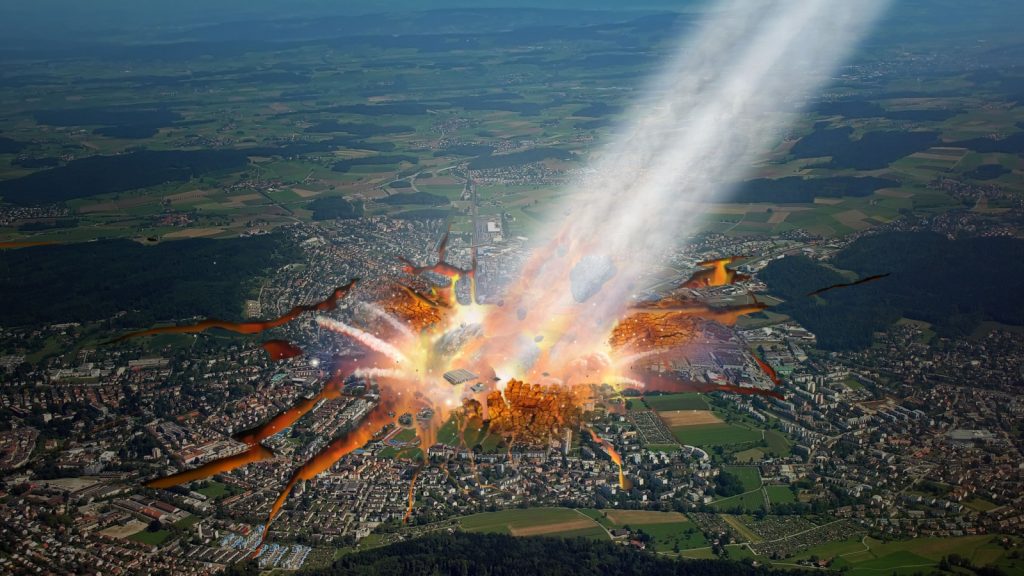
An asteroid impact could cause widespread destruction and environmental changes. Preppers focus on having emergency supplies and ways to survive without outside help. They also stay informed about potential threats from space. Developing skills for long-term self-sufficiency, such as farming and water purification, is also important.
13. Biological Warfare
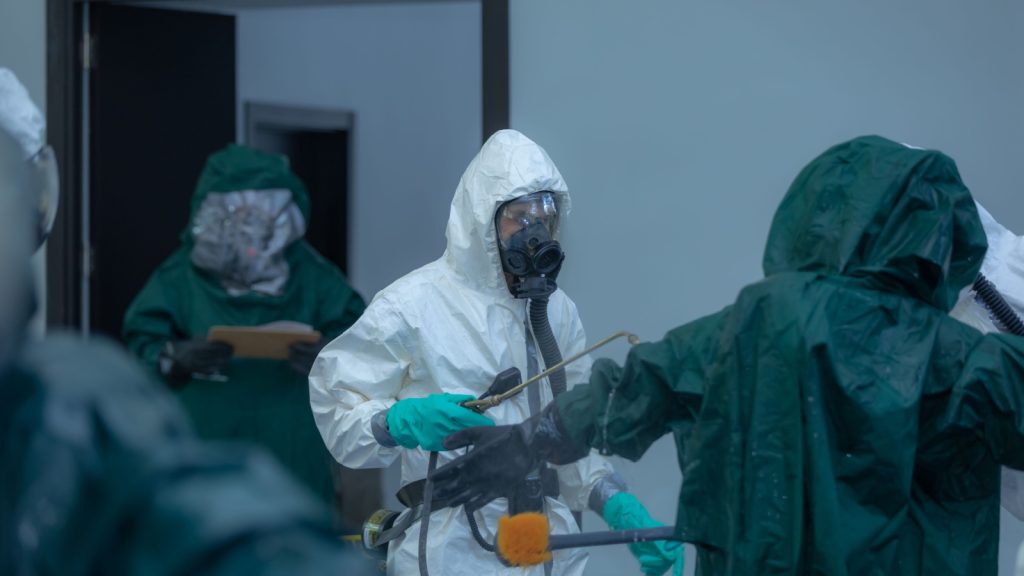
Biological warfare involves the use of viruses, bacteria, or other pathogens to cause harm. Preppers stock up on medical supplies, learn about disease prevention, and create quarantine plans. They also focus on personal hygiene and sanitation to avoid infection. Having protective gear like masks and suits can provide additional safety.
14. Resource Depletion
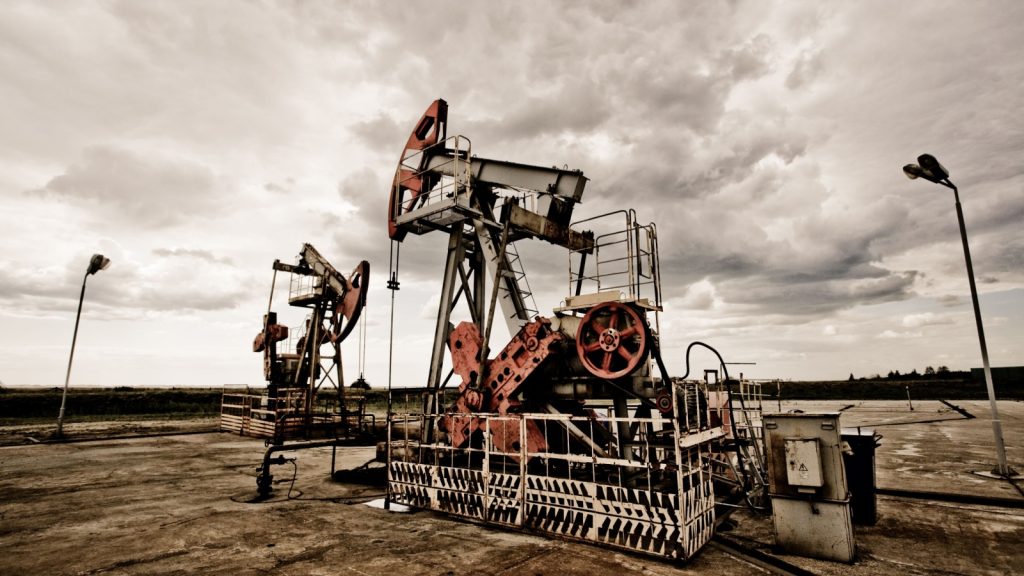
Resource depletion, like running out of oil or fresh water, could lead to major societal changes. Preppers invest in renewable energy sources and sustainable living practices. They also learn how to find and purify water and grow their own food. Building local networks for resource sharing and support is also crucial.
15. Alien Invasion

While less likely, some preppers consider the possibility of an alien invasion. They focus on self-defense and having a well-fortified shelter. This scenario emphasizes the importance of being prepared for anything, no matter how improbable it seems. Keeping communication channels open and staying informed about unusual events can help in unexpected situations.
Katy Willis is a writer, master herbalist, master gardener, and certified canine nutritionist who has been writing since 2002. She’s finds joy in learning new and interesting things, and finds history, science, and nature endlessly fascinating.
